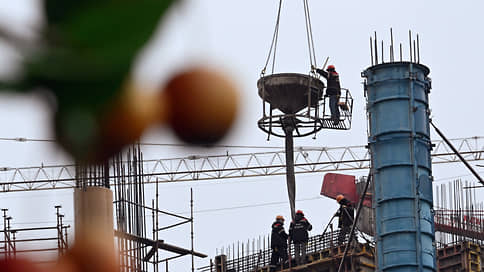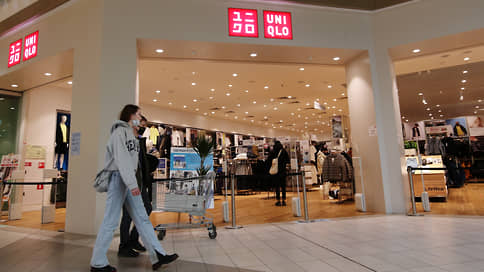Banks will have to tighten the selection of borrowers of the SME segment

This year, for the first time in the last few years, amid a slowdown in the growth of debts on loans to small and medium -sized businesses, experts predict an increase in the share of delay in the portfolio. According to the Bank of Russia, in the first two months this indicator has already increased by 0.3 p., To 4.7%. Experts note that as a result, banks will be forced to relate even more strictly to the selection of borrowers, which will additionally affect the dynamics of lending to SMEs.
According to the study of the MSB lending market from the expert RA rating agency, in 2025 the growth rate of loan portfolios will slow down and will not exceed 13%. In previous years, the portfolio growth was more significant – in 2024 it amounted to 17%, and in 2020–2023 reached 23-30%. According to the results of 2024, the total portfolio of loans of the SME reached 14.5 trillion rubles. And, according to the Bank of Russia, more than 80% of the increase was provided by large borrowers who formally suit the criteria of small and medium -sized businesses (“QuasiMSB”). At the same time, the volume of the loan portfolio on the “Quasimsb” first exceeded the amount of debt of other small and medium -sized businesses – 7.3 trillion rubles. Against 7.2 trillion rubles. As a result, the annual increase in the Kvasimsb loan portfolio in 2024 (33%) turned out to be higher than in 2023 (31%), while in other segment companies it decreased seven times – 4% against 28% a year earlier. The junior director of banking ratings « Expert RA » Ilya Fedorin believes that in the conditions of high rates and limited volumes of state support, the noted situation will remain. “The main increase in the portfolio of the SME will be provided with large borrowers, less at risks of changing interest rates in the market,” he says.
At the same time, the expert RA predicts the growth of the share of expired loans of the SME for the first time since 2021 – from 4.4% to 5% at the end of 2025. At the same time, it is noted there that at the “Quasimsb”, according to the results of last year, only 200 billion rubles accounted for. overdue debts of 640 billion rubles. At the same time, according to the statistical review of the Central Bank, already in the first two months, the overdue debt increased to 690 billion rubles, and its share in the total debt of SMEs increased from 4.4% to 4.7%. At the same time, the demand for restructuring in the SME segment against the background of difficulties with servicing debt on loans taken at high rates. “In the fourth quarter of 2024, the volume of these restructuring increased by 78%, or to 166 billion rubles,” the study said.
In addition, the expert RA notes that there is a significant increase in the number of borrowers with overdue debt – by 54% per quarter, up to almost 95 thousand subjects of SMEs. Moreover, according to the Bank of Russia, in the first two months of the current year, the number of SMEs having overdue debts increased by 30%to more than 123 thousand units. As of March 1. “When maintaining current bets, as well as a limited ability to refinance and manage margin, the number of such borrowers will continue to increase and may exceed 200 thousand pcs. At the end of this year, ”says Ilya Fedorin.
Experts note that refinancing of loans of SMEs should support the volume of portfolios in this segment. As Oleg Abel, the head of the analytical department of the RIKOM-TRAST investment company, noted, in 2024, about half of the restructuring borrowers returned to the payment schedule, about 30% allowed to delay during the quarter or six months, and about 20% were transferred to the collectors. “The effectiveness of restructuring due to high rates may worsen, and banks can tighten the conditions,” he says. In his opinion, the most effective strategy is a decrease in the bet along with prolongation, but not all banks will go for it. Gennady Fofanov, CEO of the Invoskafe investment platform, believes that this year the current situation « will spur banks to adhere to a conservative line in lending matters. » According to him, the share of delays on loans will gradually grow, and banks will include an even more electoral approach to new borrowers. “The pressure on the segment will be preserved by a rigid DCP and a possible reduction in enterprise income due to weakening economic activity and increasing competition in the markets where the SME works,” says Mr. Fofanov.








